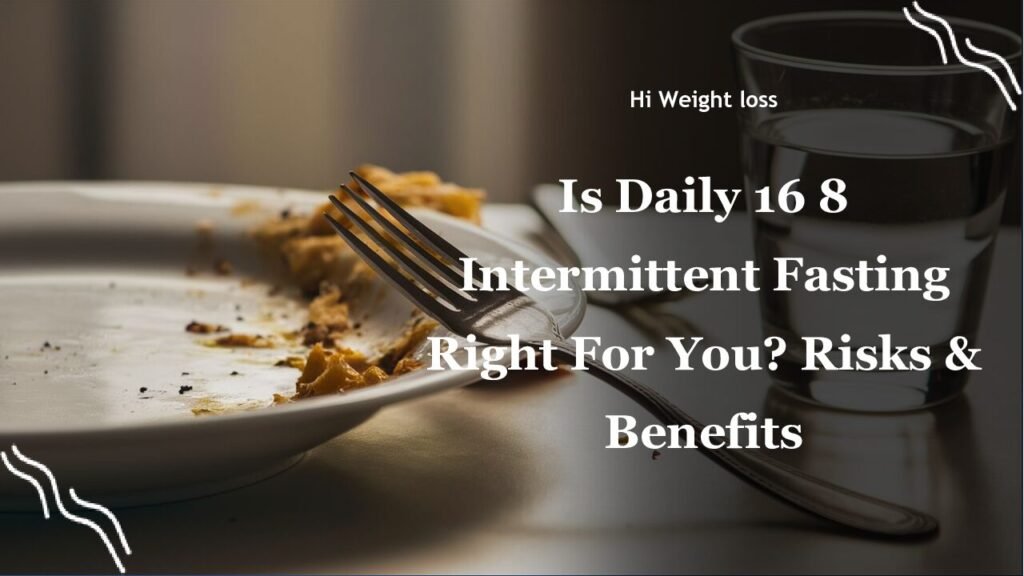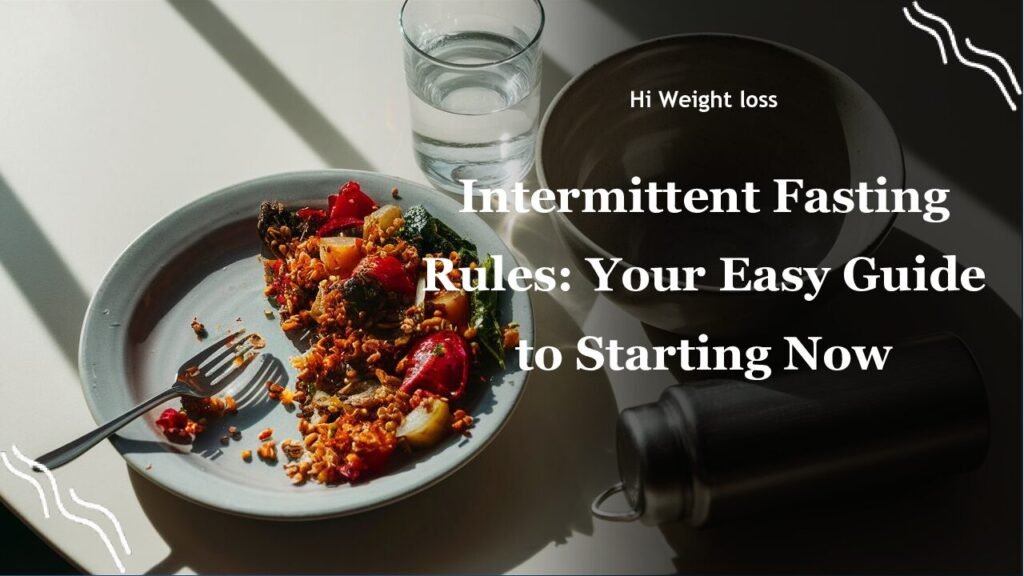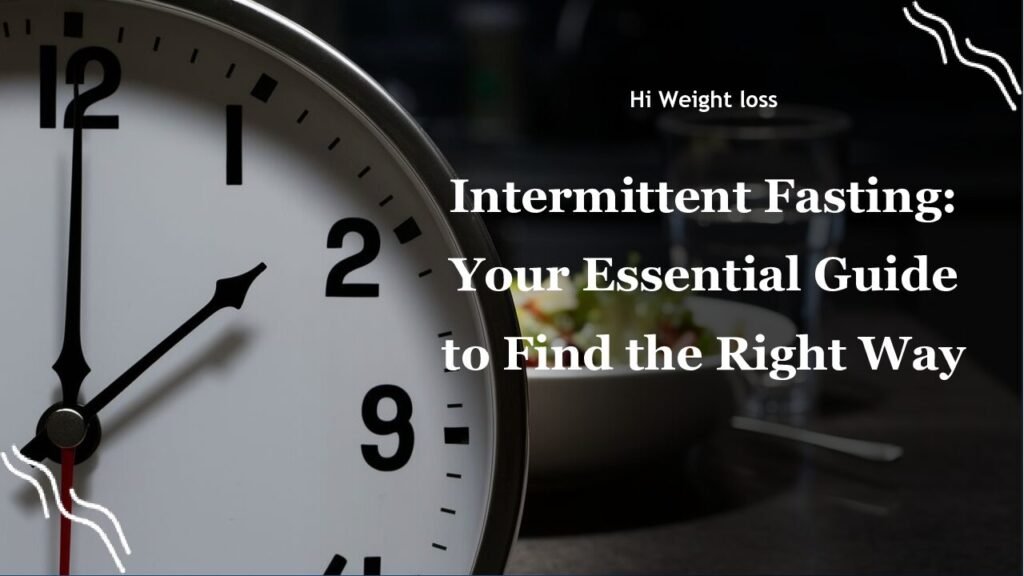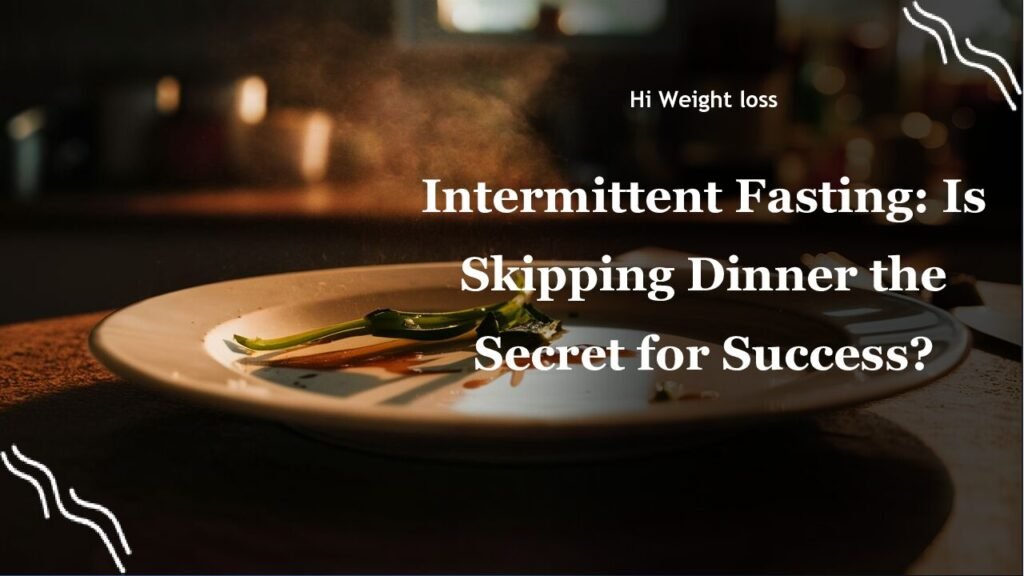“`
Feeling like you’re constantly battling with your diet, searching for the perfect eating plan that fits into your busy life? Many people are drawn to the idea of 16/8 intermittent fasting, with its promise of weight loss and improved health, but a big question mark hovers: *Is it OK to do 16/8 intermittent fasting everyday*? You might be wondering, is this a sustainable path for you, or could there be hidden risks? This article will delve deep into the daily practice of 16/8 intermittent fasting, weighing its benefits and risks to provide a clearer picture for you.
Understanding the 16/8 Intermittent Fasting Method
Before we jump into the daily practice, let’s quickly understand what 16/8 intermittent fasting actually entails. It’s a method where you fast for 16 hours each day and eat within an 8-hour window. This isn’t about what you eat, but rather *when* you eat. For example, you might choose to eat between noon and 8 p.m. and fast for the remaining hours.
I personally found this quite convenient because I could skip breakfast easily, as I’m not always a fan of early morning meals. This method has gained popularity, but its daily suitability remains a question for many.
The Potential Benefits of Daily 16/8 Intermittent Fasting
Many people are attracted to daily 16/8 intermittent fasting due to its potential benefits. *Is daily 16/8 intermittent fasting healthy*? When practiced correctly, it may offer some advantages. Let’s explore a few:
*weight loss:* Limiting your eating window can help you consume fewer calories, leading to weight loss. This is something a friend of mine, Sarah, experienced when she started intermittent fasting—she found it surprisingly easy to stick to and saw a steady drop in weight.
*Improved Blood Sugar Control:* Some studies suggest that intermittent fasting can improve insulin sensitivity, aiding in better blood sugar regulation. This benefit is particularly important for those at risk of type 2 diabetes.
*Simplicity and Flexibility:* The 16/8 method is relatively simple to follow and doesn’t require strict dietary rules, which makes it appealing for many people. You only need to worry about the time that you eat.
*Potential Cellular Repair:* Some research suggests that intermittent fasting can trigger cellular repair processes, which may have anti-aging effects. It’s exciting to think of our bodies cleaning up and repairing themselves while we fast!
The Risks and Considerations of Daily 16/8 Intermittent Fasting
Now, let’s talk about the potential downsides. While the benefits are alluring, *daily 16/8 intermittent fasting* isn’t without its risks. Here are some important considerations:
*Cardiovascular Risks:* Recent research from the American Heart Association found that time-restricted eating, including 16/8 intermittent fasting, may be associated with a 91% higher risk of cardiovascular death. This is a very serious concern that should not be overlooked.
*Nutrient Deficiencies:* If you aren’t careful, squeezing all your meals into an 8-hour window could lead to inadequate nutrient intake. You need to ensure that what you are consuming in those hours is nutrient-rich and balanced, not just empty calories.
*Overeating:* Restricting your eating window may cause some people to overeat when they do eat. This can negate the benefits of fasting and potentially lead to weight gain. This was a mistake I made initially. After a long fast, I found it hard to moderate my portions. It takes some conscious effort to manage that impulse.
*Side Effects:* Especially when starting, you might experience side effects like hunger, weakness, fatigue, and irritability. These usually subside as your body adjusts. It’s something many of us go through initially.
*Not Suitable for Everyone:* If you have certain health conditions, such as diabetes, low blood pressure, or a history of disordered eating, you should consult with your doctor before considering daily 16/8 intermittent fasting. It’s also not recommended for pregnant, breastfeeding, or women who are trying to conceive. It’s best to play it safe and consult a professional.

Is it Safe to Do 16/8 Intermittent Fasting Every Day?
*Can you do 16/8 intermittent fasting daily*? The answer isn’t a straightforward “yes” or “no.” It largely depends on your individual health, lifestyle, and how you approach it. According to Healthline, it can be safe for some, but not for others.
It’s best to proceed with caution, especially if you’re new to intermittent fasting. Start slowly. Perhaps begin with fasting just a few days per week and gradually increase to daily if you feel well. It’s something I’ve recommended to a couple of friends – to start slowly and pay close attention to how they feel.
*Effects of daily 16/8 intermittent fasting* are not universal. Some may experience great benefits, while others may experience negative side effects. The key is to listen to your body, and if you experience persistent negative effects, it’s a good idea to adjust your approach or to stop altogether.
Consider speaking to a healthcare professional or a registered dietitian. They can help you assess if daily 16/8 intermittent fasting is safe and appropriate for your specific needs and circumstances.
Tips for Safely Approaching Daily 16/8 Intermittent Fasting
If you decide to explore daily 16/8 intermittent fasting, there are a few steps you can take to make sure you are doing so safely and effectively.
*Consult a Healthcare Professional:* If you have any pre-existing health conditions, talk to your doctor or a registered dietitian first. According to Medical News Today, this is especially important for those with diabetes, low blood pressure or a history of disordered eating.
*Start Slowly:* Begin by fasting just a few times a week. Gradually increase the frequency as you get comfortable.
*Prioritize Nutrient-Dense Foods:* When you do eat, make sure you focus on nutrient-rich, whole foods to meet your body’s needs.
*Hydrate Adequately:* Drink plenty of water throughout the day. This is especially crucial during your fasting period.
*Listen to Your Body:* If you experience adverse side effects, don’t ignore them. Adjust your fasting schedule or discontinue if needed.
*Be Mindful of Portions:* During your eating window, avoid the urge to overeat. Instead, try to eat balanced, healthy meals that satisfy you.
Daily 16/8 Intermittent Fasting: A Detailed Guide
Here is a simple plan you can use:
*Choose your eating window:* Decide when your 8-hour eating window will be. For example, from 12:00 pm to 8:00 pm. This timeframe should suit your schedule.
*Plan your meals:* During your 8-hour eating window, plan to have 2-3 balanced meals, focusing on lean protein, complex carbohydrates, healthy fats and lots of fiber. You might want to prepare in advance so you avoid eating unhealthy convenience foods.
*Stay hydrated:* Drink water, herbal tea and unsweetened beverages during your 16-hour fasting window. This will help you manage hunger.
*Monitor your progress:* Keep a journal or use a tracking app to document your progress and the effect daily 16/8 intermittent fasting has on you.
A Summary of Benefits and Risks
Here’s a quick recap of the potential pros and cons:
| Benefits | Risks |
|---|---|
| May assist with weight loss | Potential cardiovascular risks |
| May improve blood sugar control | Possible nutrient deficiencies |
| Simple and flexible | Risk of overeating |
| May promote cellular repair | Possible side effects (hunger, fatigue) |
| Not suitable for everyone |
Conclusion
The decision of *is it okay to do 16/8 intermittent fasting everyday* is truly personal. While it may offer potential benefits such as weight loss and improved blood sugar control, it’s not without its risks, such as potential cardiovascular risks and nutrient deficiencies. As with my friend Sarah, it may be beneficial for some, but it may not be the best choice for others, as everyone’s situation and body are unique. If you choose to try it, proceed with caution, start slowly, and always listen to your body. Seeking professional advice is key before starting any new dietary regimen. It’s about making an informed decision that supports your overall health and well-being, not just chasing a trend.
If you found this information useful, feel free to share it with friends or family who may also be considering intermittent fasting. Your journey to a healthier lifestyle should be balanced and well-informed.
FAQ
Can I drink coffee during my fasting period?
Yes, you can drink black coffee, tea, or water during your fasting window as long as it does not contain any calories or sweeteners.
How long does it take to see results with 16/8 fasting?
The time it takes to see results varies. Some people may notice changes in a few weeks, while it may take longer for others, depending on factors like individual metabolism and adherence to the fasting schedule.
What if I feel too hungry during the fasting period?
If you feel too hungry, make sure you’re drinking plenty of water. If hunger is a consistent issue, it might be a sign to adjust your fasting window or consider an alternative approach.
Is 16/8 intermittent fasting suitable for athletes?
It can be, but it requires careful planning to ensure athletes get enough fuel for workouts and recovery. It’s important to time meals correctly around training sessions, so consultation with a nutritionist would be recommended.
What types of food should I eat during my eating window?
Focus on whole, nutrient-rich foods. Include lean proteins, complex carbohydrates, healthy fats, and lots of fruits and vegetables.
“`



